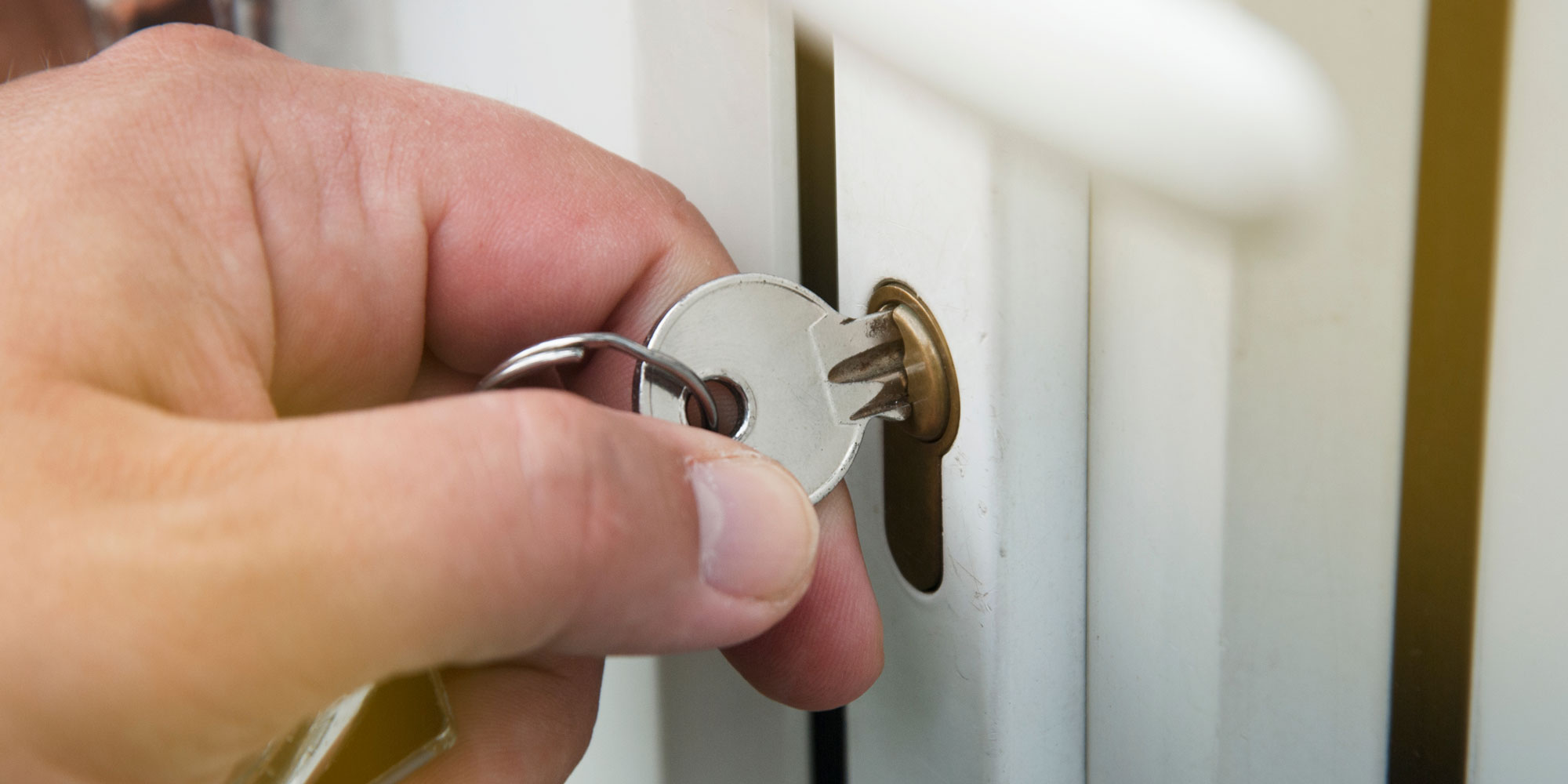
Compare home insurance deals
Check Which? insurance ratings and compare deals using the service provided by Confused.com
Get a quoteBy clicking a retailer link you consent to third-party cookies that track your onward journey. This enables W? to receive an affiliate commission if you make a purchase, which supports our mission to be the UK's consumer champion.

Whether you’re heading off for a few days’ break or a longer getaway, it’s worth checking that your home insurance will still cover you while you’re away.
Leaving your property empty for too long could mean parts of your policy no longer apply. Most insurers cover short absences without issue, but if your home is unoccupied for several weeks, they may restrict or even remove cover for theft, water leaks or accidental damage.
Here, Which? explains how long your home remains protected while you’re away, what to do if you’ll be gone for longer, and seven simple steps to help keep your property safe until you return.

Check Which? insurance ratings and compare deals using the service provided by Confused.com
Get a quoteIn most cases, yes – your home insurance should still protect you while you’re away, provided it’s only for a short period. Insurers expect you to leave your property empty for a week or two, and your cover for theft, fire and storm damage will continue as normal.
Problems can arise if your home is left unoccupied for longer. Many insurers limit full cover to around 30 consecutive days, although some are stricter. According to Defaqto, 96% of 255 buildings insurance policies only cover an empty property for up to 60 days, while 22% restrict cover to just 30 days.
If you’re planning a longer trip, let your insurer know in advance. They can confirm what’s included and may add temporary cover if needed – keeping them informed helps avoid problems if you later need to make a claim.
If your property will be empty for more than about 30 days in a row, you may need specialist unoccupied home insurance.
Standard policies only cover short absences. Once your home has been empty longer than your insurer allows – usually 30 to 60 days – parts of your cover may no longer apply.
Empty properties are viewed as higher risk because there’s no one to spot leaks, break-ins or other damage. As a result, unoccupied home insurance tends to cost more than a standard policy.
If you’re a landlord, your landlord insurance might cover short gaps between tenants, typically up to three months. For longer periods, you may need extra cover, so it’s worth checking your policy carefully
Find the best deal on home insurance using the service provided by Confused.com.
Last year, the number of burglaries recorded by police forces in England and Wales rose 11% between September and October, with October seeing 15,158 thefts.
If you’re heading off on holiday, a few quick checks before you go can make all the difference to keep your home safe:
Before leaving, make sure your policy is up to date and still applies while the property is empty.
Buildings insurance protects the structure, while contents insurance covers possessions if there’s a break-in, fire or leak.
If you plan to be away for more than a few weeks, check the small print or call your insurer to confirm how long you’re covered.
Take time to double-check all doors, windows and outbuildings before you go. Burglars often target easy access points such as unlocked sheds or side gates, which can contain ladders or tools useful for breaking in.
If you have a key safe, make sure it’s secure and not visible from the street.
Smart home technology can be an effective deterrent. Devices such as smart lighting, video doorbells and motion sensors allow you to monitor your property remotely and create the illusion that someone’s home.
Set lights to turn on and off at varied times, and consider linking your alarm to an app so you receive instant alerts.
If you’re going to be away for more than a few days, ask a trusted neighbour, friend or relative to collect your post, move your bins or occasionally park on your driveway. Homes that look lived in are less likely to be targeted.
If you do leave your own car, make sure it's securely locked and that no valuables such as sat nav, aux cables or golf clubs are on display. Thieves could still target your car while you're away.
In order to ensure that your house doesn't attract unwanted attention, make sure that all your valuables are locked away out of sight.
Put your jewellery, laptop and smaller items in drawers and cupboards. If you can, leave bigger items that are harder to move – such as your television, games console or vinyl player – in a room that either can't be viewed from the street or that has curtains or a blind you can close.
Posting photos while you’re away can advertise that your home is empty. Consider sharing them once you’re back.
Insurers expect you to take reasonable steps to protect your property – and that includes not signalling your absence.
An alarm is one of the best deterrents you can have. Test it before you go to make sure it’s working properly and visible from outside.
If you have a maintenance plan, ensure it’s up to date – some insurers require this as a condition of cover. If you don’t have an alarm, window stickers or visible CCTV cameras can still be an effective deterrent.
Having your alarm system professionally maintained can help tackle any problems with false alarms. It is also a requirement for some insurance companies, and also if you have a monitoring contract.